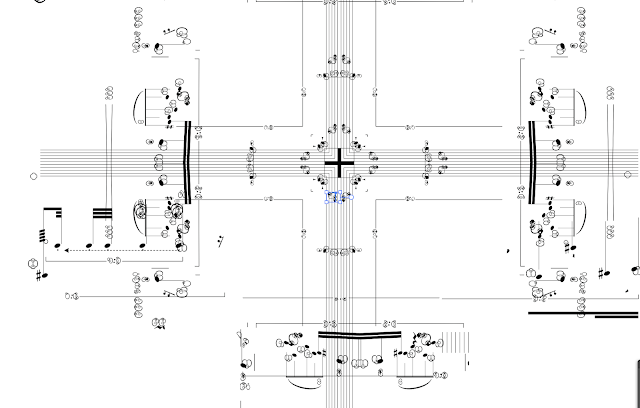Conceptual
composition may or may not be played out. Certainly the works that have come to
define it have created a recognizable framework for critical appreciation and as
I see many much younger composers taking up its approaches in what feels like a
formulaic way, that seems to signal a phase of exhaustion to me, but perhaps
not to others.
What
I am addressing are the ways conceptual composition is the indicative aesthetic
in our time—for reasons that have to do with larger cultural shifts.
Not
everyone will remember the resistance to conceptualism’s place in music history,
but in the 1990s, it was in response to the prevalent notion that minimalism
had been the single most important development of the 1960s.
What
composition and aesthetics are, and how we understand them, is not unrelated to
what they do, or how they show and indicate other changes. I sense emergent
phenomena in the current culture that are expressions of a collective voice, at a scale, and with a willing participation in group think that is
different from that which characterized modernism, romanticism, and
contemporary work.
Will
it displace other modes? Take its place alongside? Change values and aesthetic
practices?
Questions
as yet unanswerable.


No comments:
Post a Comment